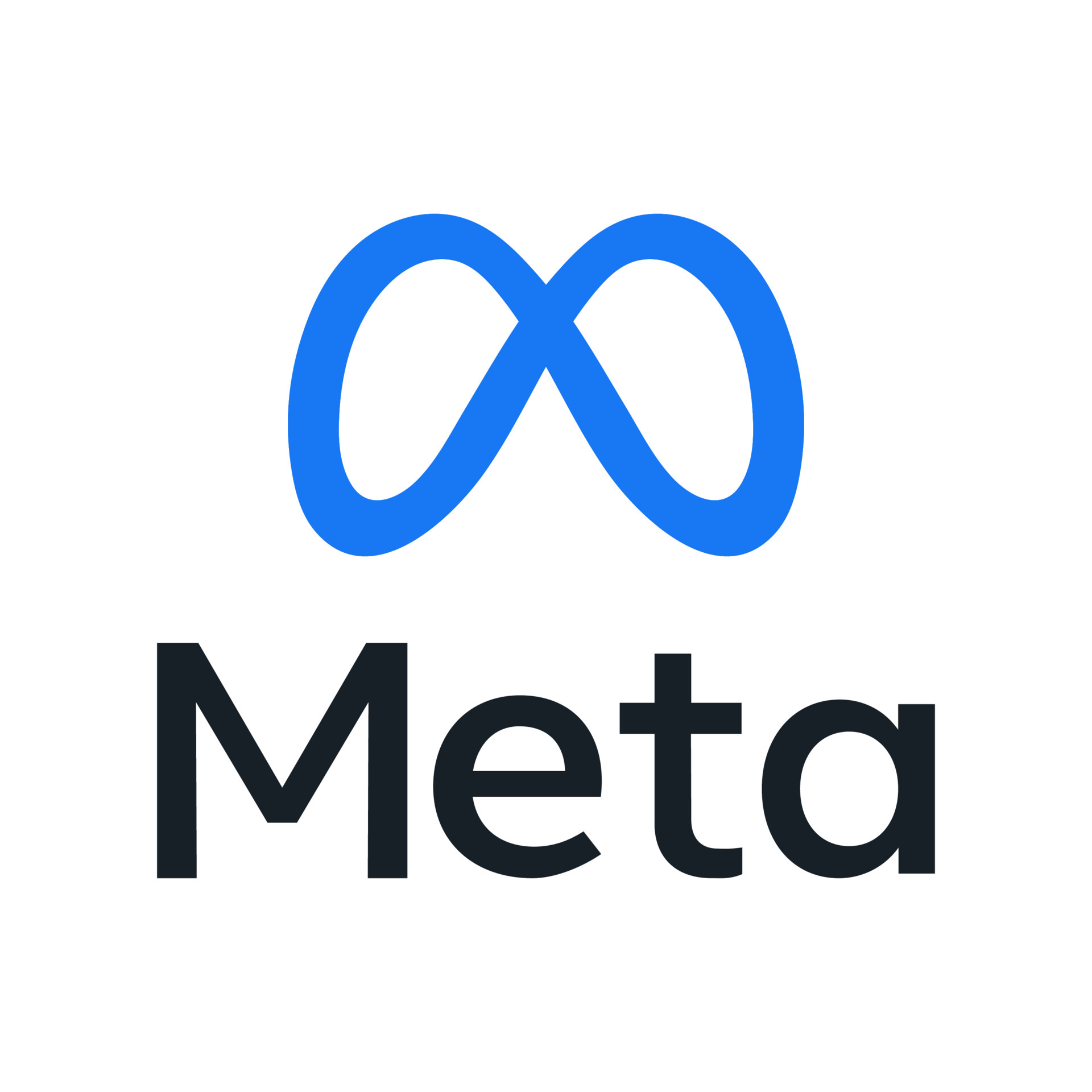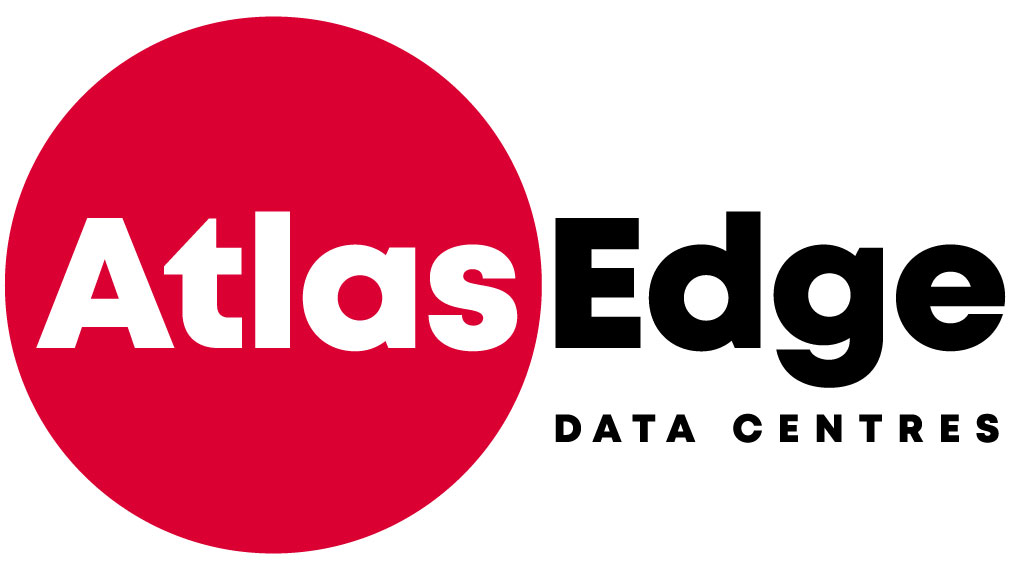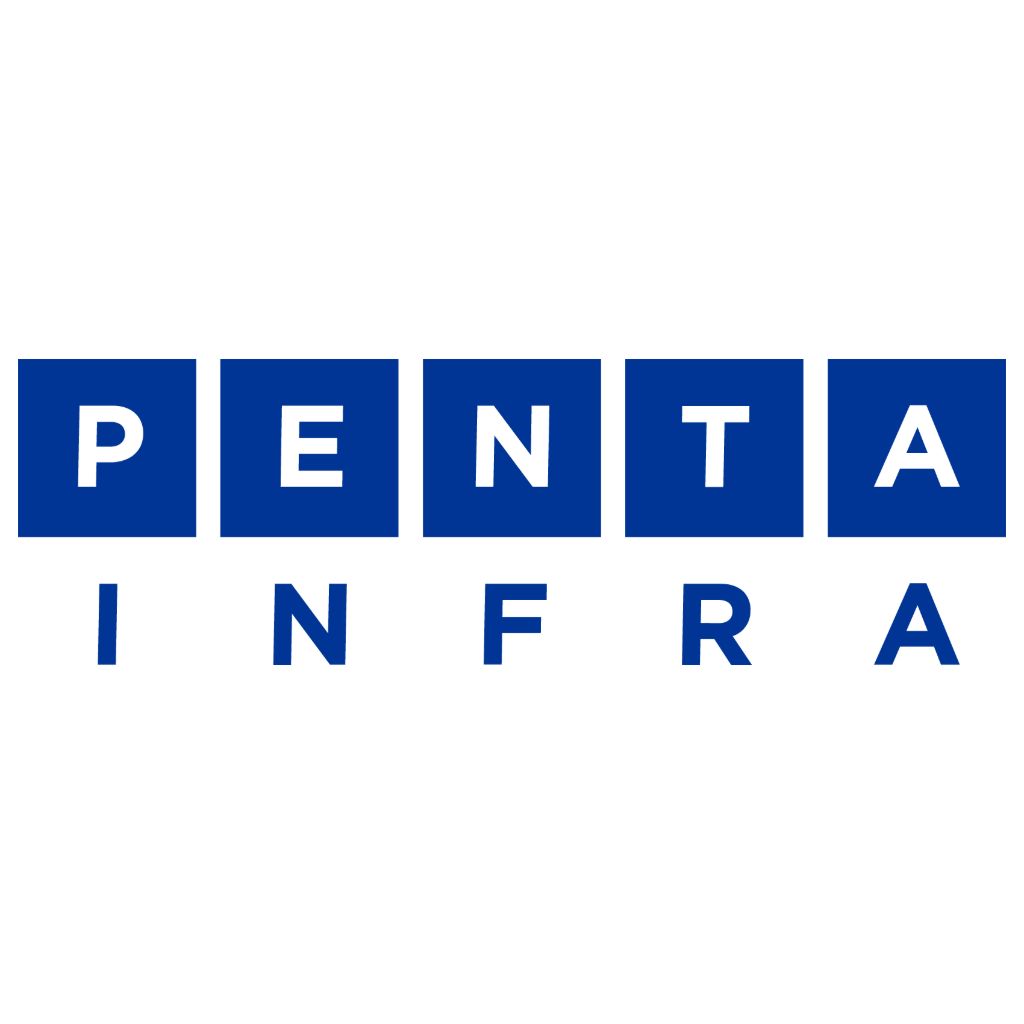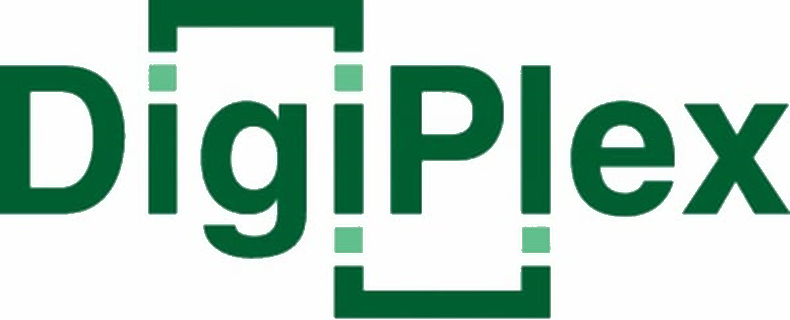Taastrup Data Centers Locations (33)



























































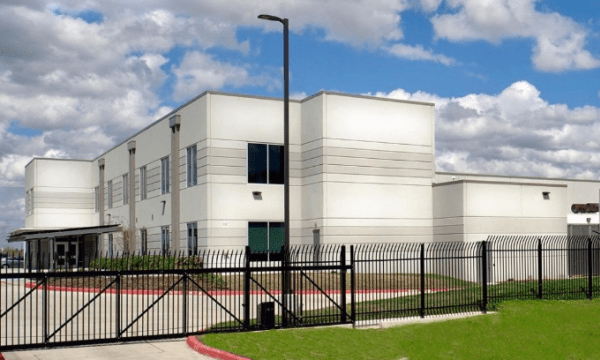

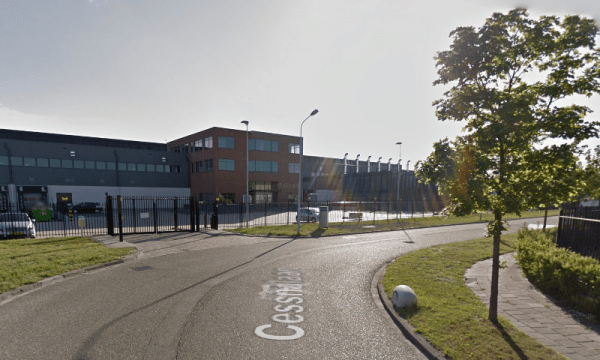




About Taastrup, Denmark Data Centers Market
Taastrup Data Centers
Taastrup, located in the suburbs of Copenhagen, Denmark, is strategically developing as a key hub for data centers in Scandinavia. Its proximity to Copenhagen provides access to robust infrastructure, skilled workforce, and a major market of tech-savvy consumers and businesses. Taastrup’s appeal as a data center location is further enhanced by Denmark’s overall commitment to technological innovation and sustainability, making it an attractive location for both regional and international data operations.
Denmark’s extensive investment in renewable energy sources, particularly wind power, aligns with the growing global demand for green data center operations. Taastrup benefits from this trend, offering potential for sustainable data management solutions powered by clean energy. Additionally, the cool Scandinavian climate is ideal for data center cooling, reducing the need for artificial cooling and thereby lowering energy consumption and operational costs.
The Danish government supports the tech industry through favorable policies, including data protection laws that comply with the EU’s GDPR, tax incentives for technology investments, and initiatives aimed at boosting digital infrastructure. These factors, combined with Taastrup’s strategic location near major transportation routes to the rest of Europe, make it a compelling site for data centers looking to expand their footprint in Northern Europe.
Strategic Advantages
Taastrup’s proximity to Copenhagen Airport and major seaports offers significant logistical benefits for data centers, facilitating easy transportation of equipment and providing excellent connectivity options for international data traffic. This geographic advantage is crucial for data centers that require rapid transport and high reliability in data transmission to serve global clients.
The city’s stable political and economic environment provides a secure investment climate for data center operators. This stability, coupled with Denmark’s strong focus on cybersecurity and digital innovation, is particularly appealing to industries that prioritize data security and operational continuity.
Furthermore, Taastrup’s developing urban area offers potential for expansion with relatively lower land and property costs compared to central Copenhagen. This allows for the development of large-scale data center campuses, which can be designed to meet the specific needs of modern data operations with minimal environmental impact.
Current Trends and Industry Developments
In Taastrup, as well as throughout Denmark, there is a significant focus on sustainability within the data center industry. Operators are increasingly adopting energy-efficient technologies and systems that leverage renewable energy sources, setting new standards in minimizing the carbon footprint of data operations.
The growth of cloud computing continues to influence local data centers, which are expanding their capabilities to offer diverse and scalable cloud services. This includes enhancements in public, private, and hybrid cloud infrastructures to accommodate the growing demand from businesses undergoing digital transformations and seeking flexible, cost-effective IT solutions.
Additionally, there is an ongoing emphasis on enhancing cybersecurity measures to protect against an increasingly complex landscape of cyber threats. Data centers in Taastrup are investing in advanced security infrastructures and compliance protocols to safeguard sensitive data and ensure they meet the stringent regulatory requirements of the European Union.
Future Developments and Opportunities
Looking ahead, Taastrup is well-positioned to capitalize on the expanding demand for advanced data services, driven by the widespread adoption of technologies such as artificial intelligence, the Internet of Things (IoT), and big data analytics. As these technologies evolve, they will drive the need for robust, secure, and efficient data processing facilities.
There is potential for Taastrup to become a leader in innovative data center solutions, particularly in the realms of sustainability and energy efficiency. Collaborations between data centers, government agencies, and academic institutions could foster innovation and set new industry standards, attracting international attention and investment.
Lastly, as the global focus on data sovereignty and regional data hubs intensifies, Taastrup could attract more international businesses seeking compliant and strategically located data storage solutions. This could lead to increased foreign investment, enhancing the local economy and reinforcing Taastrup’s status as a key player in the European data center market.
GLOBAL
Top 10
Colocation Providers




